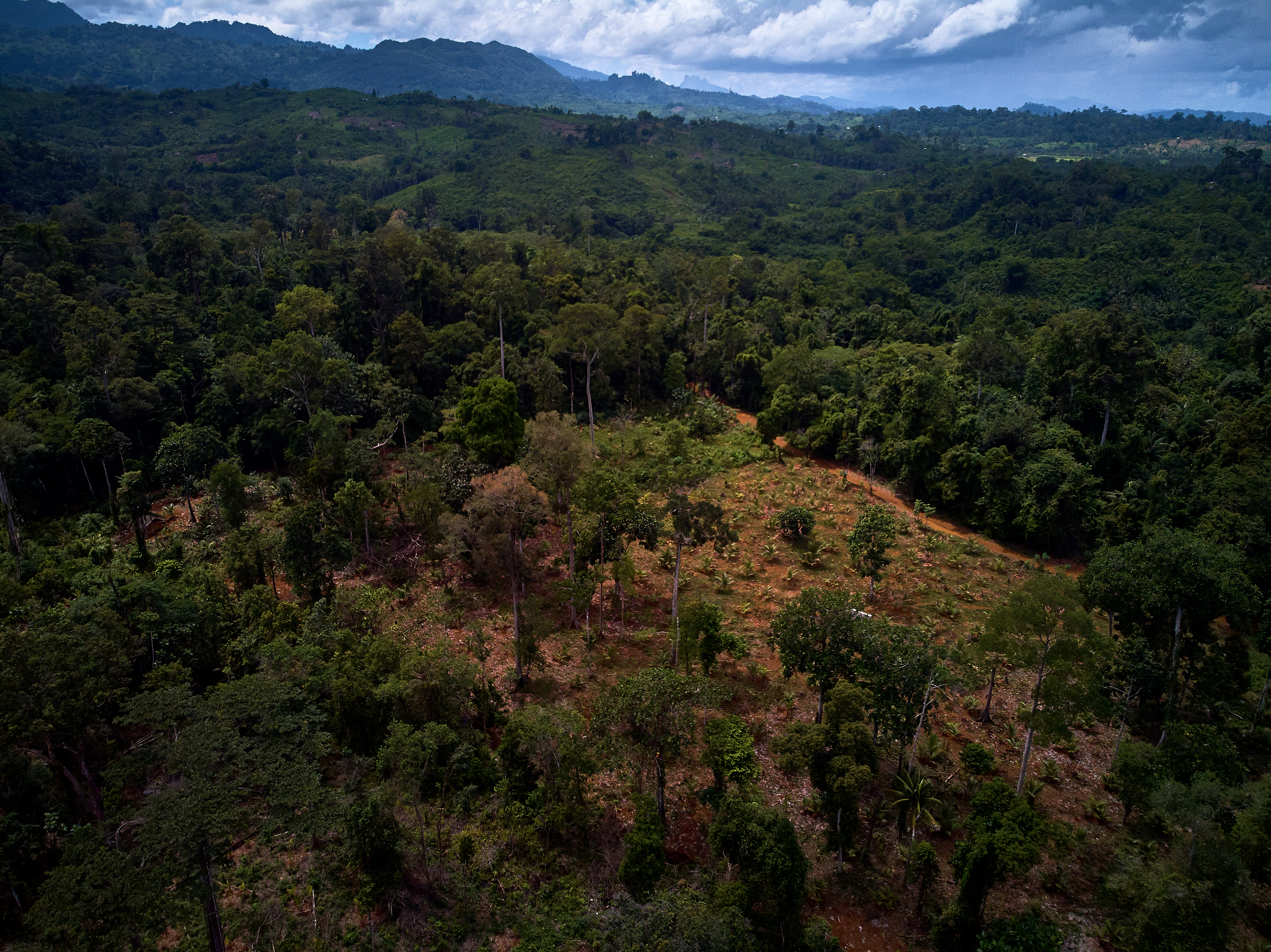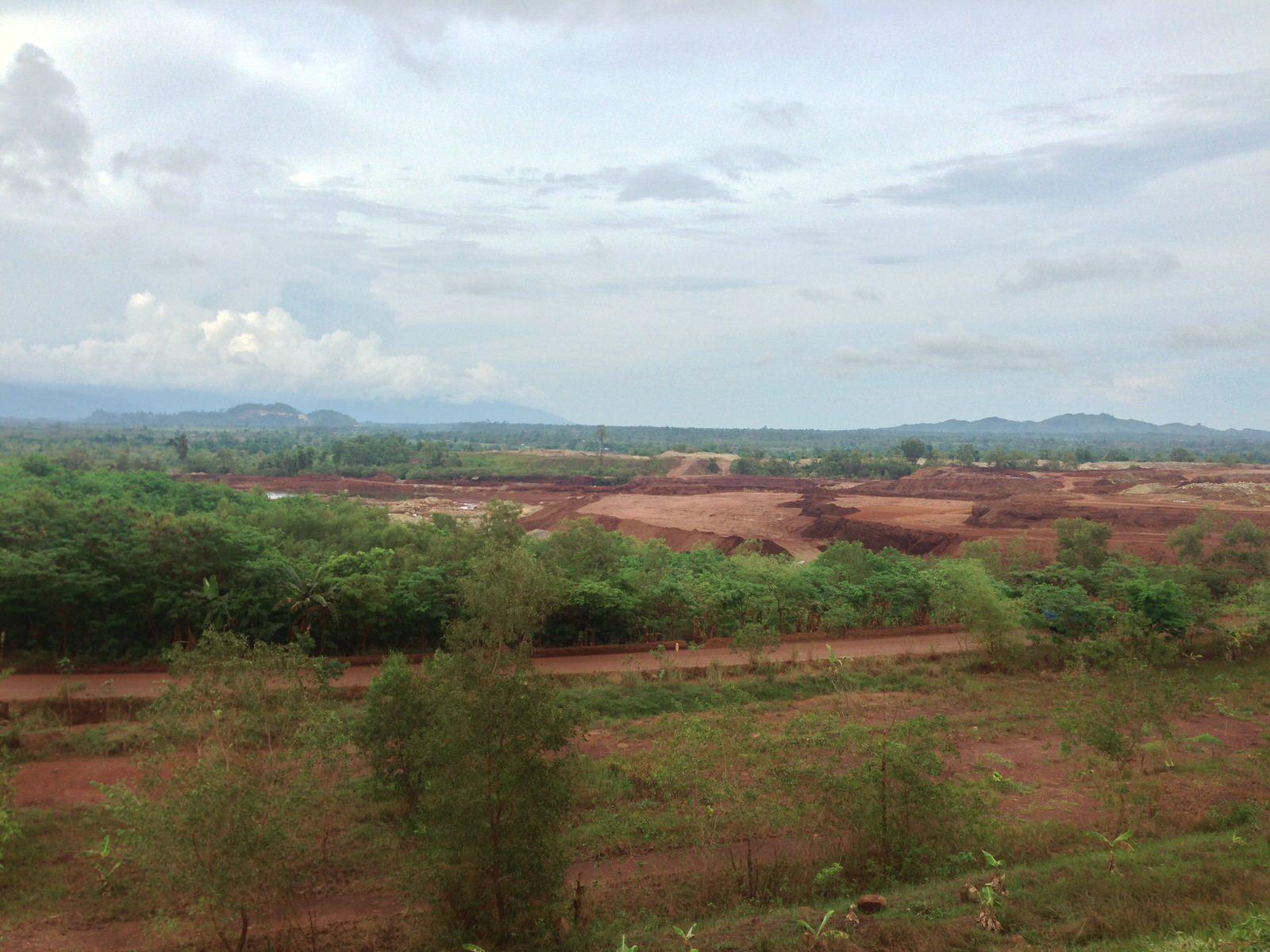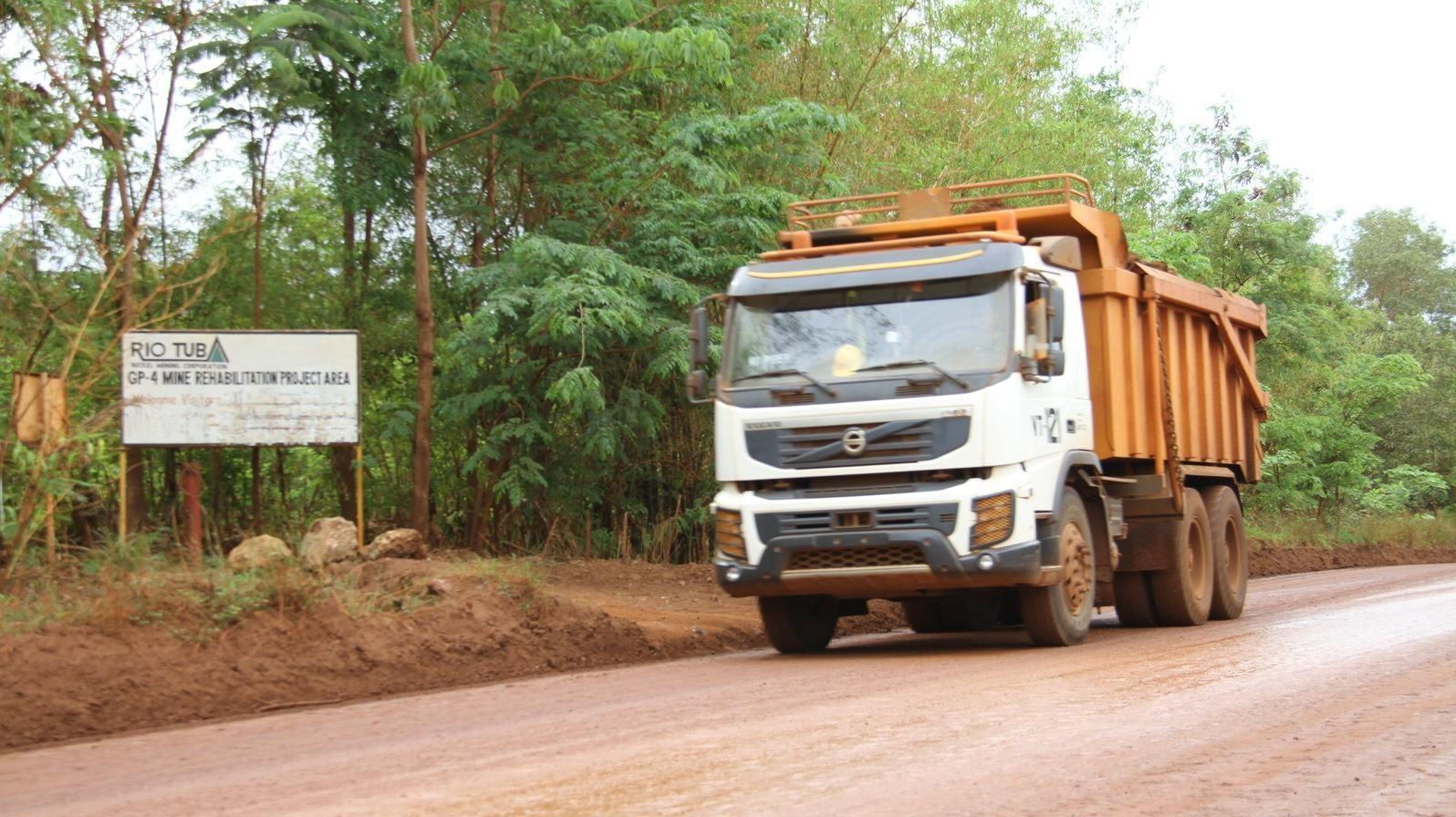Nickel Mining Is Killing The Rainforest In The Philippines
Land that was once protected by law in the Philippines is at risk as metals mining expands.
The demand for battery metals as the auto industry switches to electric cars is forcing us to trade the problem of carbon emissions for destructive mining. Whether it's lithium in Chile, cobalt in the Democratic Republic of the Congo, or manganese from nodules in the Pacific, metals mining is taking off without enough scrutiny.
A metals mine in Palawan is now threatening what NBC calls the "last frontier of the Philippines." Palawan is a 270-mile island tucked between the South China and Sulu Seas. Its rainforest is home to 105 endangered plants and animals, but it's also home to a mine that digs for nickel ore, which goes to Panasonic and ends up in EVs from Tesla and Toyota — among others.
The Rio Tuba mine cuts into the rainforest by almost four square miles. Its nickel reserves are almost gone so the mine's owner, Nickel Asia, and majority stakeholders like Sumitomo Metal Mining, plan to expand the mine by another ten miles. If all goes to plan, the mine will have consumed 14 miles of Palawan's rainforest and account for about five percent of its landmass.

And the mine's expansion doesn't just affect the rainforest. The NBC report, which is worth a read, explains how the mine's runoff gets into the rivers and creeks, then flows past farmland and endangers the island's food production.
Those in favor of expanding the mine claim that it's brought jobs and wealth to the region. One major upgrade to the mining city of Bataraza — which almost like the Filipino baterya — was the water system Nickel Asia paid for.
Because of the development from the mine, some tribal leaders and environmental activists don't agree on the expansion. Studies suggest, however, that the so-called benefits are not really helping because the nearby water is being contaminated. Per NBC:
Last month, the reporting partner for this story, the Philippine Center for Investigative Journalism, conducted water tests along the Togpon River and the Kinurong Creek. Four of the seven samples taken at different points along the waterways showed levels of hexavalent chromium higher than the WHO standard for drinking water.
Multiple people who live near the area said in interviews last month that locals stopped using the river and the creek for drinking water years ago after the water developed a reddish hue.
Nickel mines have been found to increase the release of soluble chromate into groundwater and surface water, experts say. The risk grows when proper containment measures are not in place. But it's difficult to establish a definitive link between a mine and high chromate levels without water test results that predated the operations.
What good is development, if it's only serving the mine's operation?

Jose Baylon, a spokesperson for Nickel Asia, replied to detractors with a defense of the water system the company put in place, and a statement about the human cost of technology advancing:
"The mine drainage system is designed to direct the mine surface runoff straight to the Rio Tuba River and not for drinking, irrigation or agricultural purposes," Baylon said. "Therefore, it is very unlikely that mine waters, or Cr6+ (hexavalent chromium) will enter the local water supplies."
He acknowledged that mining operations invariably impact the environment, but he noted that throughout history technological advances have come at a cost.
"I think human development has been a series of trade-offs over the years," he added. "Part of what we're suffering through today is paying off the coal factories, which made the industrial revolution possible."
The whole dilemma is counterintuitive, because EVs are supposed to help curb the environmental toll from the auto industry. But EV production is going to take a toll on the environment, too, and it's up to the industry to make sure it doesn't follow tech's motto, "move fast, and break things." Not when the thing we're breaking is the rainforest or ocean floor.
